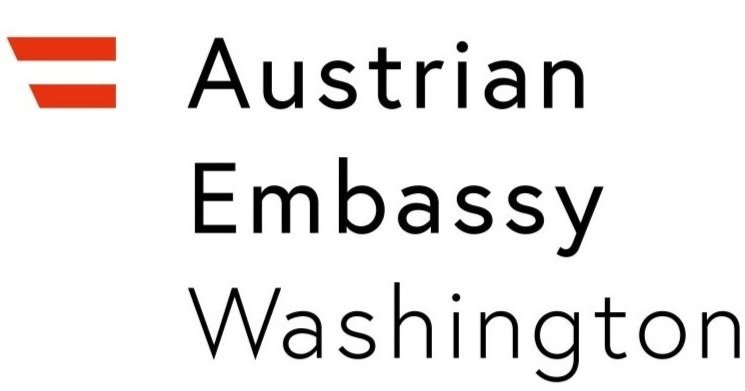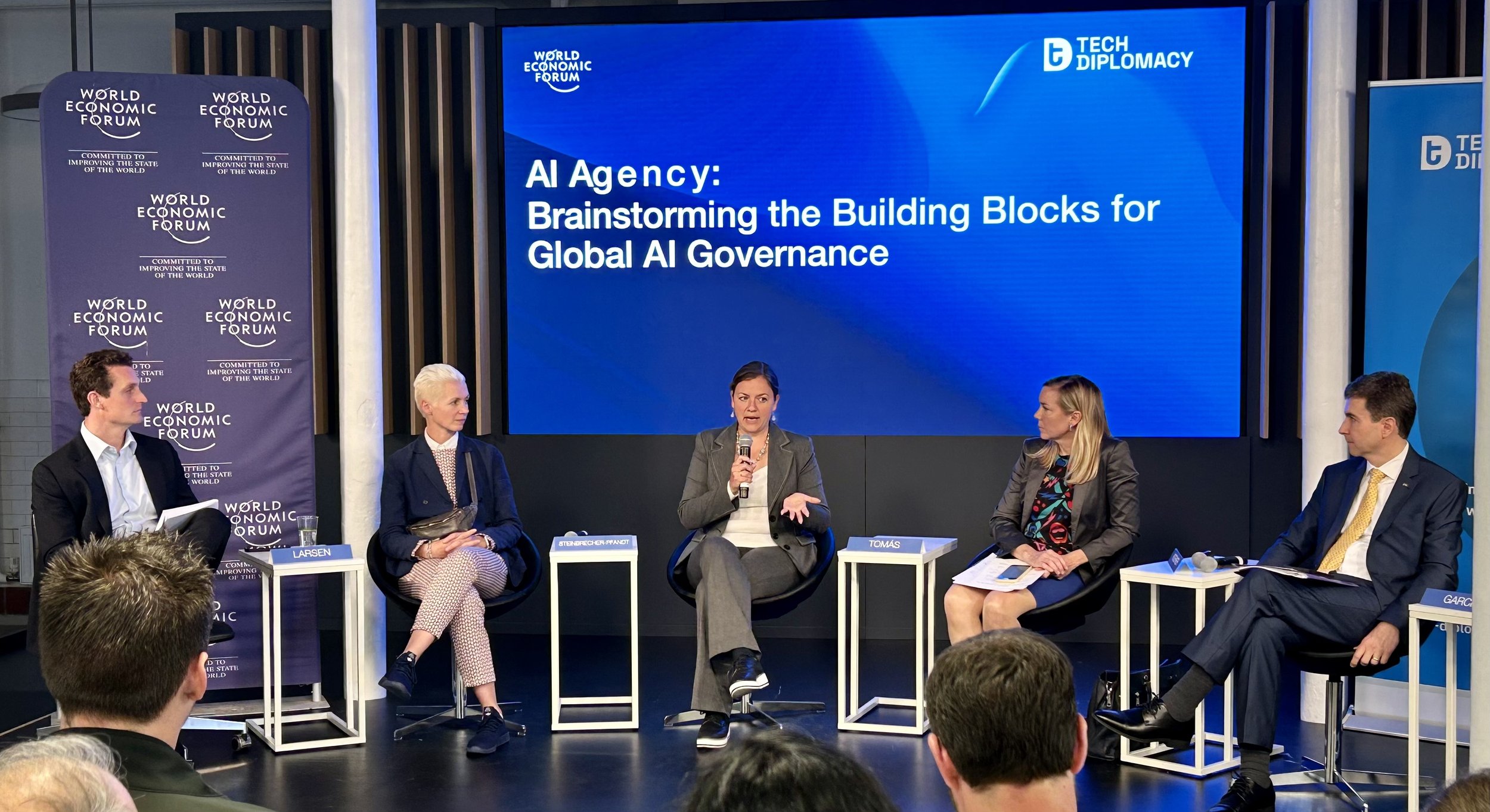Brainstorming the Building Blocks for Global AI Governane
Photo: Heidi Alletzhauser
The Tech Diplomacy Network, in cooperation with the World Economic Forum's Center for the 4th Industrial Revolution, organized an event in San Francisco on the topic of a possible future AI regulatory agency. The opening panel discussion featured the participation of Amandeep Singh, the UN Tech Envoy, John C. Havens from the standardization agency IEEE (Institute of Electrical and Electronics Engineers), and Anka Reuel, a computer science doctoral candidate at Stanford University.
Amandeep Singh emphasized that establishing effective global regulation of AI could send a positive signal in a time marked by profound geopolitical divisions and challenges in global cooperation. In this context, he highlighted opportunities within the Global Digital Compact, which is set to be introduced at the Summit of the Future in the autumn of 2024.
He also mentioned the recently announced project of the UN Secretary-General to establish an international "High-level AI Advisory Body" for the purpose of regulating AI. According to the UN Tech Envoy, the advisory body would function similarly to the Intergovernmental Panel on Climate Change (IPCC) regarding climate change issues. The body would continuously monitor the risks associated with AI and evaluate various AI regulatory initiatives, such as the legislative measures of the EU. The main goal would be to align different approaches to AI regulation with human rights, the rule of law, and the common good. Additionally, the advisory body could provide guidance, clear guidelines, and a scientific basis for policy decisions related to AI technologies, particularly for governments that lack the necessary resources. The body could also serve as a hub for researchers and promote investments in AI regulation research and development. It is expected to be established in 2023.
Building on these discussions, the panelists also deliberated on concrete model examples for regulating AI and potential structures for an international agency. Various organizations were mentioned as sources of inspiration, including the International Atomic Energy Agency (IAEA), the International Telecommunication Union (ITU), and the Internet Corporation for Assigned Names and Numbers (ICANN).
Anka Reuel proposed another model, the International Civil Aviation Organization (ICAO), which is used to regulate airspace. The advantage of this model lies in enabling the licensing of jurisdictions rather than directly regulating specific aspects of AI, while also establishing common global standards. By integrating existing standards such as those developed by the International Organization for Standardization (ISO), this model would ensure compliance with minimum standards for safe AI technologies worldwide. Moreover, the model offers flexibility in terms of national legislation, allowing countries to adapt their own regulations according to their specific needs.

